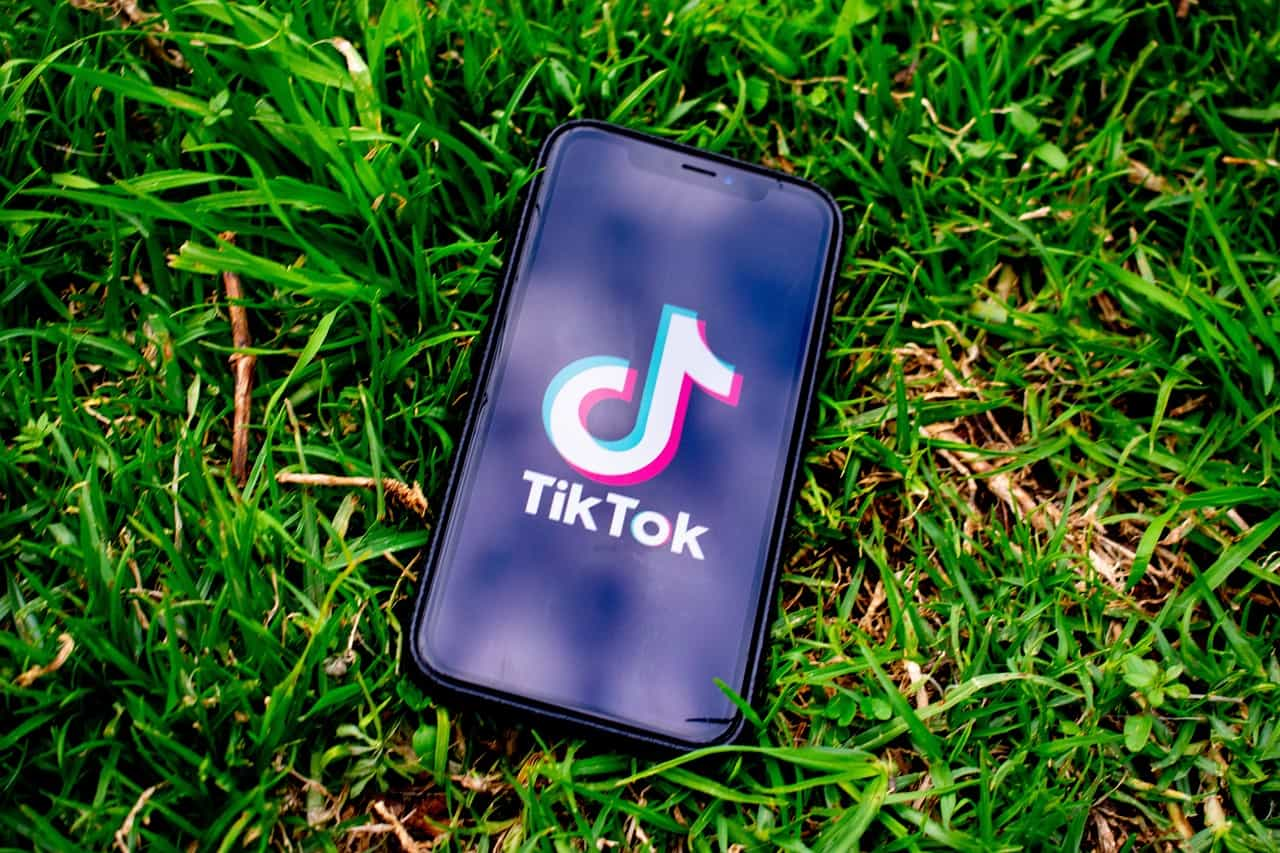User Accuses TikTok of Hypocrisy for Anti-Gambling Video Removal
TikTok is in hot water as user Kate Susabu accuses the platform of hypocrisy, claiming it removed her anti-gambling video while continuing to promote gambling-related content, igniting a wider debate on digital platforms and advertising ethics.

TikTok is coming under fire for its inconsistent stance on gambling advertisements across the platform.
©8268513/Pixabay
Kate Susabu’s video, aimed at criticizing the omnipresence of gambling ads on TV and promoting a petition against such content, sparked controversy when TikTok removed it for allegedly violating policies, leading to a wave of public scrutiny and raising questions about the platform’s content moderation policies.
Despite facing public backlash and criticism, TikTok remains in partnerships with four major gambling companies, including Sportsbet. The ongoing expansion of these partnerships despite the controversy has fueled concerns and debates about the platform’s commitment to user safety and its stance on promoting gambling content.
This incident has not only highlighted the controversy surrounding TikTok’s policies but also drawn attention to broader societal trends regarding gambling advertisements. It reflects the challenges social media platforms face in balancing advertising revenues with user safety and ethical considerations. But also, the ever-changing legal environment that they operate in.
Intensified Scrutiny on TikTok’s Gambling Partnerships
TikTok’s strategic decision to expand its betting partnerships despite rising concerns has attracted criticism and intensified scrutiny from various quarters. The platform, however, maintains that all gambling ads are meticulously monitored and age-restricted, reinforcing its commitment to user safety and regulatory compliance.
Recent research underscores a significant uptick in online gambling, amplifying concerns about the potential influence and societal impact of such advertisements, especially on younger, more impressionable audiences, raising questions about corporate responsibility.
The unfolding scenario underscores the ethical complexities and dilemmas faced by social media giants. It has sparked a wider conversation about the responsibility of these platforms in mitigating the potential negative impacts of gambling content and ensuring the well-being of their user base.
Platform’s Response and Ongoing Accountability Debates
Following the media inquiries and the subsequent uproar, TikTok responded by reinstating Susabu’s videos, emphasizing its steadfast commitment to enforcing policies around age-restricted content and ensuring user safety, thus attempting to assuage public concerns and uphold its reputation.
Historical controversies surrounding TikTok’s advertising practices have resulted in a climate of increased scrutiny and skepticism. The incident involving Susabu adds a fresh perspective and new dimensions to the ongoing debates and discussions about platform accountability and transparency.
This incident and the subsequent public response underscore a growing demand for transparency and accountability in the advertising practices of major social media platforms. How TikTok and similar platforms address and navigate these concerns will undoubtedly remain under close observation in the coming times.



